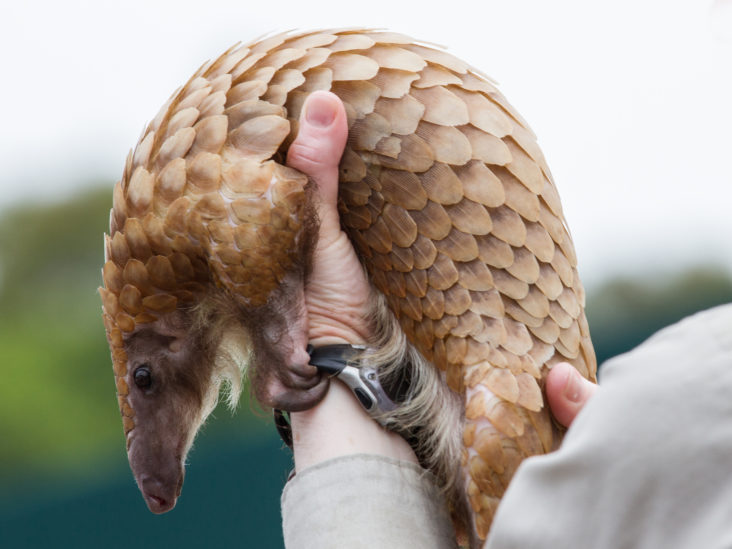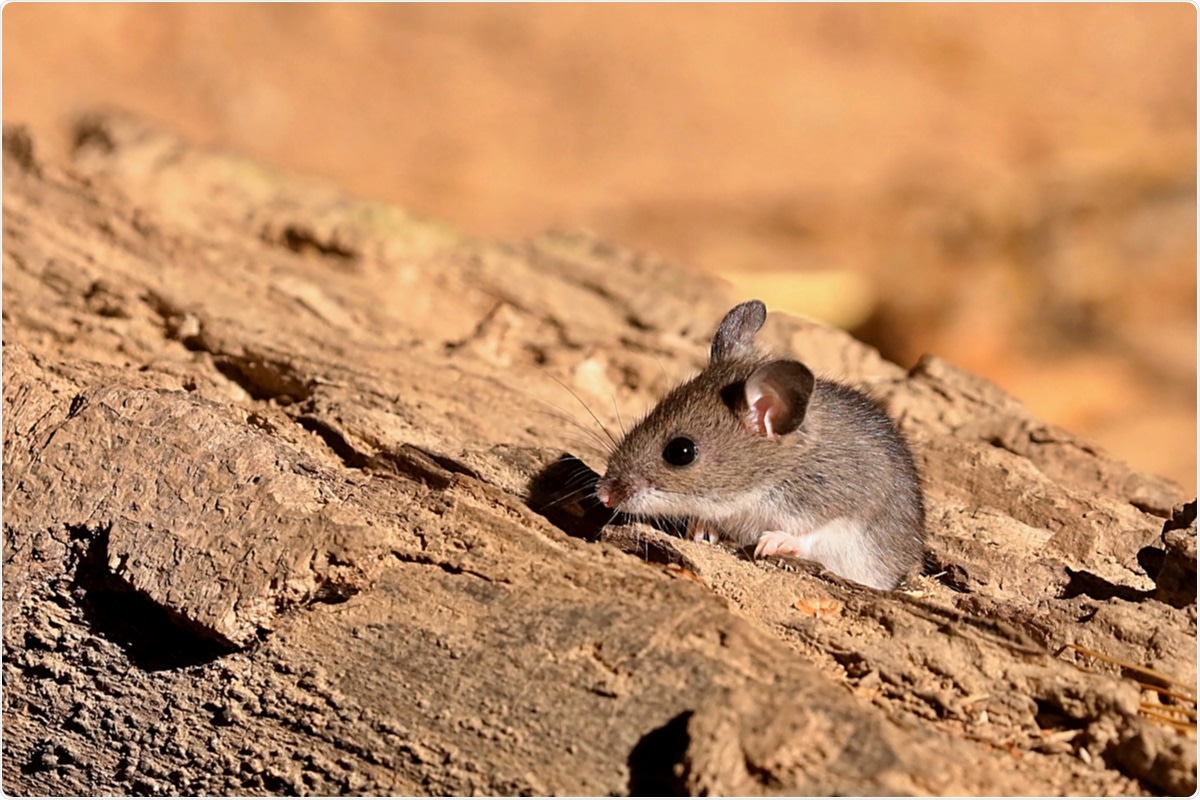Study shows several peridomestic mammal species are potential spreaders of SARS-CoV-2

In a recent study released on the bioRxiv preprint server, researchers from the US and Australia show that several common peridomestic species (including deer mice, striped skunks and bushy-tailed woodrats) are amenable to infection with the severe acute respiratory syndrome coronavirus 2 (SARS-CoV-2).
The study reports how these mammals are able to shed the virus in respiratory secretions – lending evidence to the fact that human-wildlife interactions may result in continued viral transmission.

Coronavirus disease 2019 (COVID19) has had a far-reaching impact on the global human population; still, thus far little is known on how its causative agent, SARS-CoV-2, actually impacts wildlife. Domestic dogs and cats can be infected with the virus, but are asymptomatic or present with mild clinical disease (with just a handful of exceptions).
On the other hand, farmed mink are not only susceptible to the infection, but the infected animals can also progress to deadly fulminating disease (10,26). In contrast, ferrets (which are closely related to mink) are known to shed the virus after infection, but the course of the disease is subclinical.
However, key species for evaluating SARS-CoV-2 epidemiology are peridomestic animals, represented by wild and feral animals that live within close proximity to humans. As a group, they have the potential to maintain the virus and spread it back to humans.
Hence, a research group from the Colorado State University in the US, US Department of Agriculture, Animal and Plant Health Inspection Service, and The University of Queensland in Australia aimed to determine the relative susceptibility of common peridomestic carnivores and assess their likelihood in propagating the infection.
Viral challenge for peridomestic animals
In this study, the researchers assessed six common peridomestic rodent species for susceptibility to SARS-CoV-2: wild-caught house mice, deer mice, bushy-tailed woodrats, fox squirrels, Wyoming ground squirrels and black-tailed prairie dogs. They have also evaluated three common peridomestic mammals: raccoons, cottontail rabbits and striped skunks.
The obtained strain of the SARS-CoV-2 (WA1/2020WY96) was passaged twice in Vero E6 cells (kidney epithelial cell lineage from an African green monkey) and stocks were frozen at -80°C in Dulbecco’s Modified Eagle Medium with 5% fetal bovine serum and antibiotics.
Three animals from each species (and two for ground squirrels) were chosen to preliminarily evaluate viral shedding and any acute pathological changes. Furthermore, all animals were observed clinically every day, which included assessment for their temperament and the presence of any clinical signs of disease.
Viral isolation was performed on all oral swabs, nasal swabs and tissue samples three days after infection by double overlay plaque assay on Vero cells. Plaque reduction neutralization assays were also been performed, with plaques being picked from culture plates to confirm SARS-CoV-2 viral shedding using polymerase chain reaction (PCR) for each positive animal. Histopathological evaluations were also pursued.

